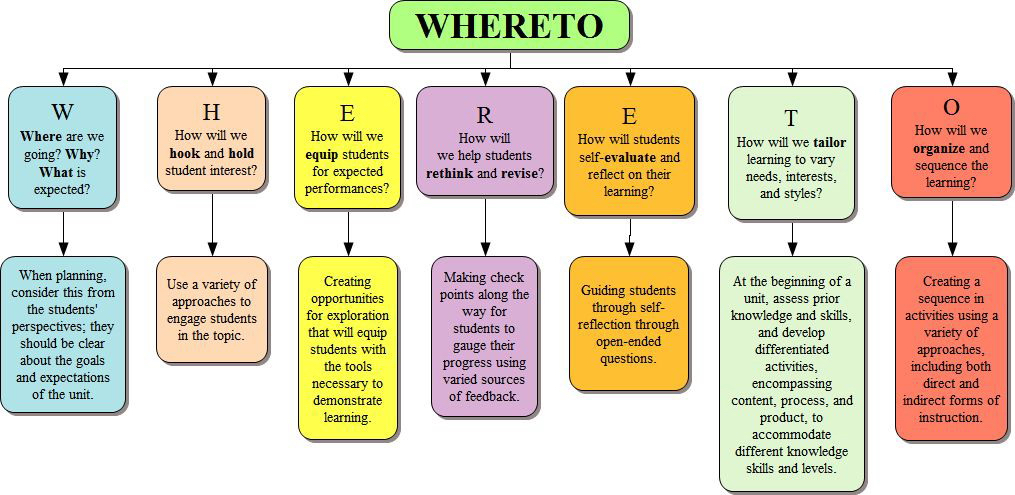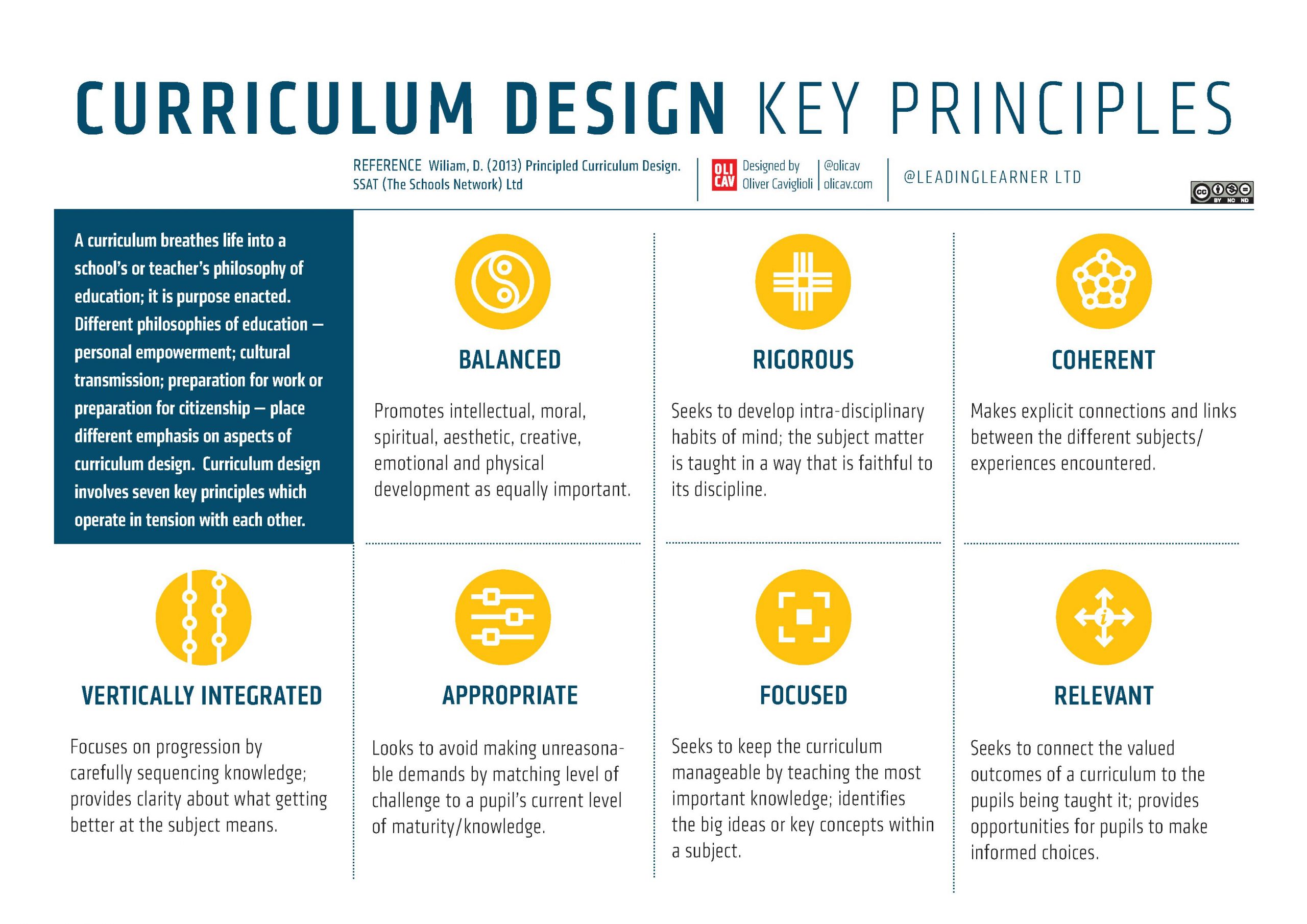10 Module 10: Curriculum Mini-Unit

Guiding Questions for Module 10:
- How does my curriculum unit represent my ideas about curriculum, instruction, and assessment?
CIA Mini-Units
“Teachers are designers. An essential act of our profession is the design of curriculum and learning experiences to meet specified purposes. . . Like other design professions, such as architecture, engineering, or graphic arts, designers in education must be mindful of their audiences [e.g., children, parents, administrators]. . . We are not free to teach any topic we choose. Rather, we are guided by national, state, district, or institutional standards that specify what students should know and be able to do. . . In addition to external standards, we also consider the needs of our students when designing learning experiences.”
–Grant Wiggins and Jay McTighe, Understanding by Design

Overview
Effective teaching is rarely accidental. Most often, effective teaching is the result of the thoughtful execution of a well-crafted plan—one that carefully considers the needs of the students, clearly addresses standards, and is consistent with educational theory and practice. Designing meaningful, relevant, engaging, and coherent learning experiences for children is one of the most important aspects of effective teaching. As in other professions, the first few times you do something are often the most difficult; but they also provide the foundation from which you will grow as a curriculum planner. For this assignment, you have the opportunity to design a unit of instruction—one that is reflective of your emerging beliefs about teaching, learning, and students. While this assignment represents a considerable challenge for most students, it is also an opportunity to synthesize, deepen, and refine your thinking about curriculum, instruction, and assessment.
As a culminating activity for the course, your curriculum projects should illustrate your thinking about teaching, learning, students, and your subject area. This assignment helps you to synthesize knowledge, skills, and dispositions learned throughout the course and will help you to further develop a framework from which you can make sound teaching judgments.
Assignment
Working individually, you will be responsible to write three-lesson “mini-unit” on some theme, topic, or question that you will be responsible for teaching. You may want to integrate content from other subject areas to enrich your unit. All projects should include the following:
(1) Title. (5 points)
(2) Overview. Overview include demographic information about students, subject, grade level and school as well as a general description of the unit. (10 points)
(3) Rationale. Rationale should clearly explain your thinking about the unit. Why is this unit important in the development of elementary or secondary students? What factors helped you decide on content and learning activities? How is your unit consistent with your beliefs about teaching and learning? (35 points)
(4) Annotated List of Unit Resources. List of resources should clearly describe unique resources used for the unit and why they were selected. (15 points)
(5) Central Question/Statement. This question or statement should be the focus of the entire mini-unit. (20 points)
(6) Lesson Plans. Lesson plans should be written at a level that another teacher could use them to teach from. Your lesson plans should adhere to the guidelines presented in class (50 points)
(7) Assessment Tool/Evaluation. Your curriculum projects should include one assessment tool you intend to use during the unit. You should create this tool (15 points)

